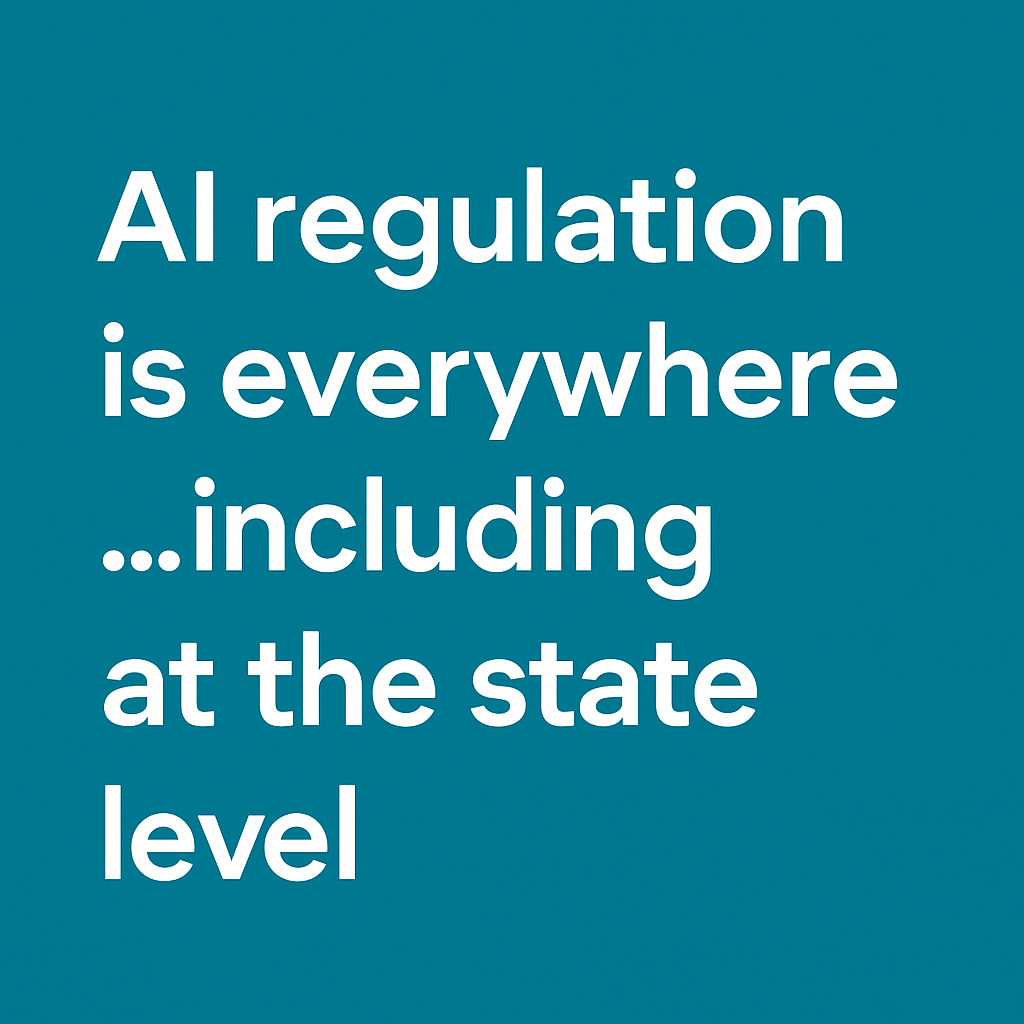Today’s regulatory landscape is not for the faint of heart. Keeping up to date and compliant with the complex, rapidly evolving regulations is a significant challenge for organizations in highly regulated industries, including financial services. Non-compliance can result in hefty penalties, from expensive fines to lasting reputation damage. RegTech—short for regulatory technology—aims to address these challenges.
What does RegTech mean?
As its name suggests, RegTech is the application of technology to simplify and enhance regulatory compliance. Combining financial and regulatory expertise with cutting-edge technology, RegTech encompasses a range of tools and practices that can help businesses navigate the intricate web of regulations and streamline their compliance processes. And while it shares some similarities with its more well-known cousin FinTech (financial technology), RegTech is more narrowly focused on regulatory processes, including monitoring, reporting, and compliance.
RegTech solutions come in many forms, from data analytics and artificial intelligence (AI) to machine learning (ML) and automation. These technologies collect, process, and analyze data, providing businesses with insights and tools they can use to help meet their regulatory requirements more efficiently and easily. Whereas traditional compliance processes are sometimes slow, costly, and error prone, RegTech can offer organizations a cost-effective, practical way of improving their compliance processes.
What are the benefits of RegTech?
The adoption of RegTech can benefit firms on a variety of fronts:
- Cost savings: RegTech can cut down operational costs by reducing the need for manual compliance processes.
- Increased efficiency: Automation and data analysis can speed up compliance processes, allowing organizations to meet regulatory requirements more efficiently.
- Reduced risk: RegTech tools help identify and mitigate compliance risks, reducing the likelihood of regulatory fines and reputational damage.
- Improved data accuracy: RegTech can help ensure data integrity and accuracy, lowering the risk of errors in compliance reporting.
The evolution of regulatory technology
Though compliance hasn’t historically been “easy,” the increasing complexity of the regulatory environment has exacerbated the need for firms to shore up their compliance practices. The beginnings of RegTech can be traced back to the financial industry, where complex and evolving regulations demanded innovative solutions. The 2008 financial crisis served as a catalyst for RegTech's development, as regulators tightened their oversight and financial institutions faced increasing compliance challenges. That momentum is ongoing: in 2022, 73% of compliance professionals reported that they expected an increase in regulatory activity.
At the same time, an explosion in technological advancement happened. AI and similar technologies joined the tidal wave of the digital revolution and began to emerge as viable, valuable solutions to all sorts of business pain points, including compliance.
Wondering how to get started with AI? Ask these four questions.
Just like that, RegTech was born. And it continues to grow: investment in RegTech increased from $3.7 billion in 2019 to $18.6 billion in 2022.
What does RegTech do?
RegTech relies on AI, ML, automation, blockchain technology, and data analytics to help financial institutions make their compliance processes more efficient, accurate, and cost-effective. Here are some of the ways RegTech can help in the financial sector:
- Anti-money laundering and Know Your Customer compliance: RegTech tools use advanced data analytics, AI, and ML to automate identity verification, transaction monitoring, and risk assessment, making it easier for financial institutions to detect suspicious activities and ensure that they are doing business with legitimate customers.
- Risk management and reporting: RegTech solutions provide real-time risk assessment and reporting, helping financial organizations monitor their exposure to credit risk, market risk, operational risk, and more. These tools use predictive analytics and scenario analysis to make risk management more proactive.
- Regulatory reporting and documentation: RegTech helps simplify regulatory reporting processes by automating data collection, validation, and submission to regulatory authorities. This helps ensure accurate and timely reporting to reduce the likelihood of compliance breaches and penalties.
- Fraud detection and prevention: RegTech leverages ML and pattern recognition to identify potential fraud in financial transactions. It can analyze large datasets to detect irregularities and anomalies, protecting both financial institutions and their customers from fraudulent activities.
- Trading compliance: RegTech solutions include trade surveillance for market abuse detection, pre-trade risk checks, and real-time compliance alerts for traders and brokers. These tools help firms monitor and ensure compliance with trading regulations.
- Data security and privacy: In response to the increasing importance of data security and privacy regulations, RegTech tools can encrypt and anonymize data, making it easier for firms to handle data in accordance with data protection laws.
- Customer onboarding: RegTech can simplify and speed up customer onboarding by automating digital identity verification (a capability that is particularly valuable for e-commerce and remote customer interactions) and compliance checks. This enhances the customer experience while ensuring that new clients meet regulatory requirements.
- Stress testing and capital adequacy: In the aftermath of the 2008 financial crisis, RegTech has helped financial institutions conduct stress tests and assess their capital adequacy by providing simulations and modeling to evaluate a firm’s resilience during economic downturns.
- Market surveillance: RegTech solutions can monitor financial markets for unusual or suspicious activities, helping regulators maintain market integrity and detect potential market manipulation or insider trading.
Over the years, RegTech has expanded beyond finance into other regulated industries and is used for similar purposes:
- Healthcare
- Legal
- Environmental compliance
- Energy and utilities
- Telecommunications
- Insurance
- Government and public sector
Moving forward with regulatory technology
RegTech is revolutionizing the way organizations approach regulatory compliance. It offers a proactive, cost-effective, and efficient way to stay on the right side of the law. As regulations continue to evolve, so too will RegTech, providing innovative solutions for an ever-changing landscape. Embracing RegTech can help your organization not only meet its compliance requirements but do so efficiently and gain a competitive edge in today’s highly regulated world.
As you partner with experts and stakeholders to assess how to integrate RegTech into your workflows, make sure any proposed solution is tailored to your specific regulatory requirements and compliance needs—and that it keeps up to date with your organization’s and regulators’ evolving policies. That’s how you’ll maximize the tool’s value. And once it’s implemented, provide regular training and education to help ensure your team is well-versed in the usage and benefits of RegTech.
The opinions provided are those of the author and not necessarily those of Fidelity Investments or its affiliates.
1115539.1.0




-1.png)

